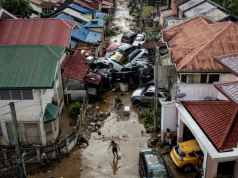When the rain won’t stop, you have that feeling that washes over you as the water creeps closer to your door? That’s what a natural disaster feels like. It’s scary, it’s destructive, and it should be the moment our communities stand together. In recent years, widespread flooding has affected major urban areas like Metro Manila, highlighting the urgent need for effective flood mitigation and government response.
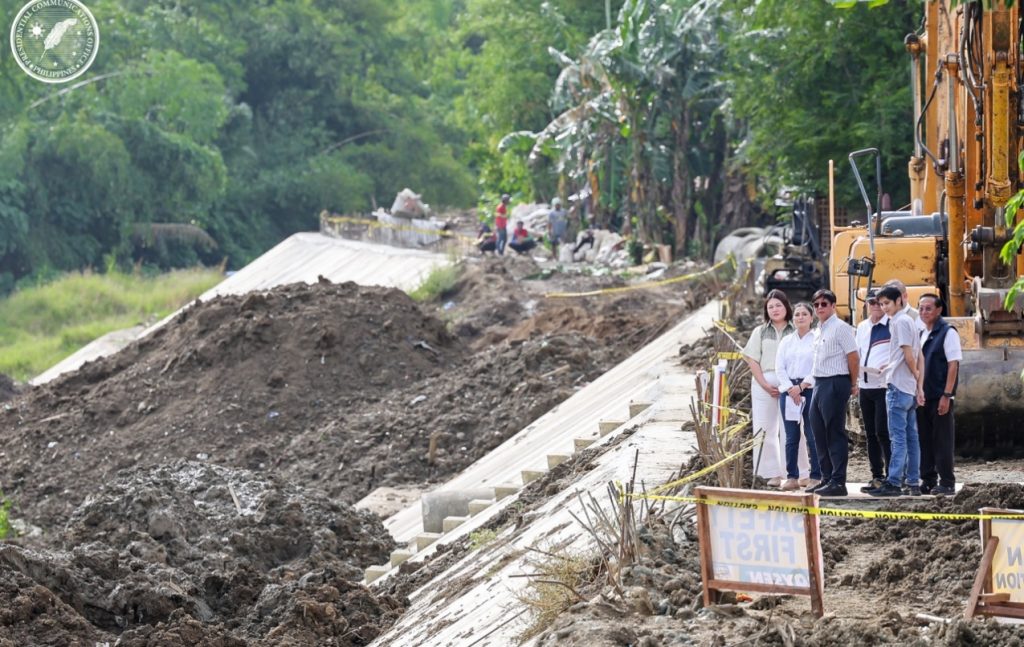
The flood control scandal has shown how badly government money, especially for flood control projects, has been mismanaged. Billions of pesos have been lost due to fake projects, illegal payments, and dishonesty. This has made people angry and sparked demands from community groups for those responsible to be held accountable. Public indignation has grown in response to the scandal, with citizens expressing outrage over the failure of flood control initiatives and the corruption involved. The problem is deep and involves government agencies, private companies, and local officials all playing a part in ongoing corruption in flood control efforts.
But honestly? We need to talk about something darker. We need to talk about what happens when that disaster stops being a crisis and starts being a business opportunity for the wrong people.
Disasters should never be opportunities for gain. And yet, across the world, climate change makes floods more frequent and more violent; the scale of the resulting disaster is often less about nature and more about human failure magnified by corrupt hands and empty pockets. This isn’t just about lost money; it’s about the connection of water and wealth, where public funds are diverted into private profit, stealing our safety, our homes, and sometimes, our very lives.
Let us look at the systemic deceit and the political enablers, and find a path back to genuine, people-first resilience.
Background on Flood Control Corruption Scandal
Look, corruption in public works isn’t some new, surprising scandal; it’s practically institutionalized. We’re talking about a deep-rooted system where, many years ago, someone realized that public safety infrastructure: levees, drainage systems, floodgates, and especially the flood control program could be turned into a profitable but corrupt business. The manipulation of project budgets has become a central aspect of this corruption, with funds often misallocated or inflated for personal gain. This has led to the ongoing flood control controversy, where widespread corruption scandals in government-funded flood mitigation projects have eroded public trust and sparked investigations and protests.
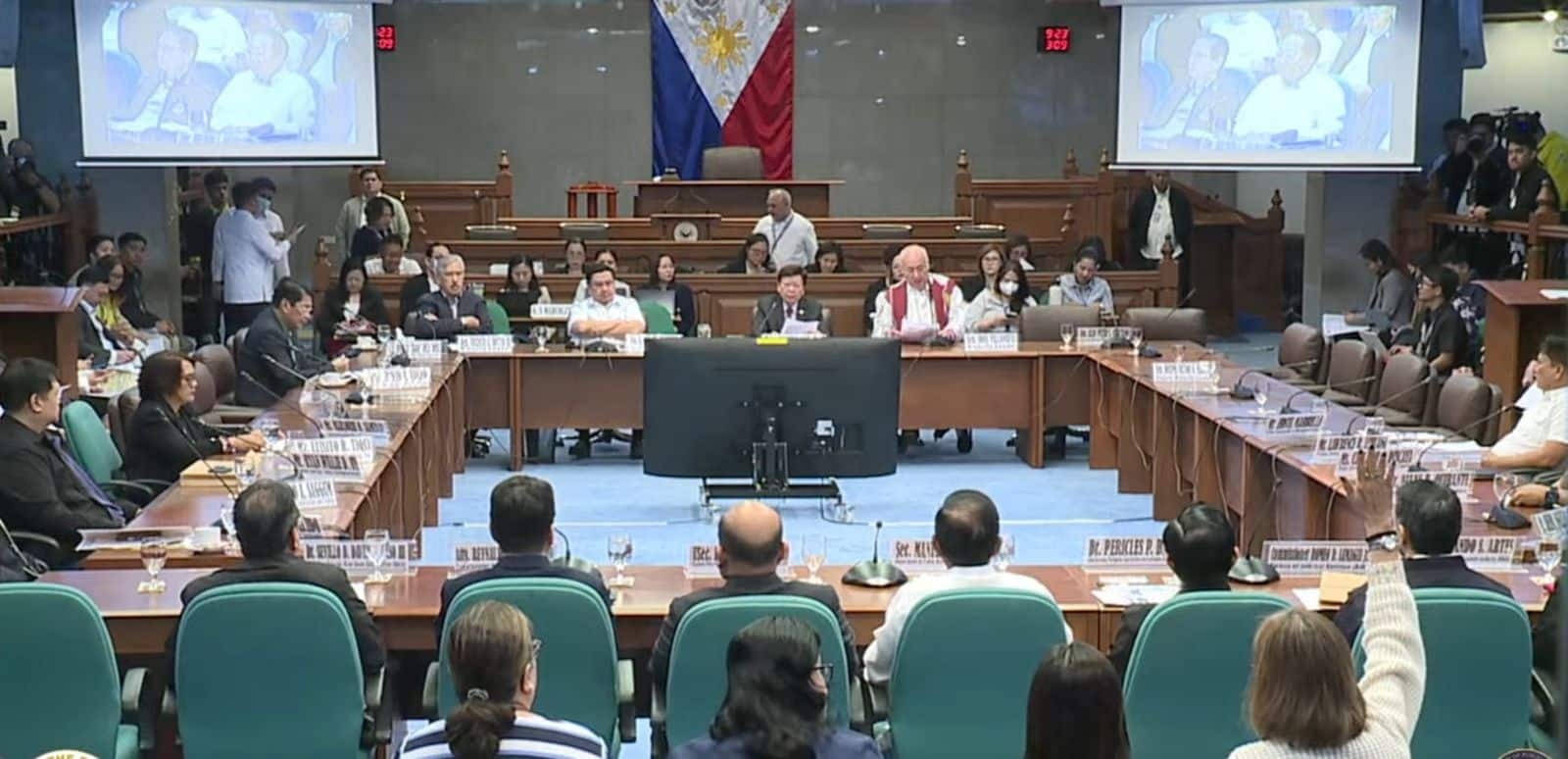
The Ghost Flood Control Projects and the Cheap Cement
Corruption in flood control projects is not a new phenomenon in the Philippines; it has been marked by ghost flood control projects, inflated contracts, and kickbacks that date back over the past decade. The pork barrel scandal and other high-profile corruption cases have revealed the widespread and deeply embedded nature of corruption within the country’s public works and highways sector.
But, how does it work? It’s simple, sadly. It starts with systemic fraud.
First, there is Procurement Failure, where officials and their contractor friends rig bids and inflate project costs. For example, a project that should cost 5 million pesos is marked up to 15 million, and the extra money is shared among them, cheating the public.
Next, there is Substandard Infrastructure. When construction starts, they use cheap, low-quality materials like poor cement and weak steel, but claim to use the best. This leads to unsafe structures that fail quickly, like levees collapsing after a storm or flood gates that don’t work. These failures show how public money is wasted. Some projects don’t even exist; they are “ghost projects,” but even those built to fail cause real harm.
Corruption is helped by secret funds, budget insertions, and unprogrammed funds that allow favored politicians and contractors to take more than their fair share. Lack of transparency and accountability lets billions of pesos disappear through fraud and poor management.
The Political Hiding Spots
And who provides this money? The very systems we rely on to keep us safe. Corruption grows in hidden systems like Opaque Budgeting, where details about income, spending, and financial decisions are kept secret from the public. This includes confidential funds, secret budget insertions, and unprogrammed funds; money that avoids regular checks and is often used to favor certain politicians and their allies. The National Expenditure Program is a key document subject to manipulation, allowing questionable allocations to be inserted before the budget is finalized. The General Appropriations Act serves as the legal framework for these budget allocations, where last-minute amendments and insertions are made, often outside standard procedures.
Then you have Political Patronage. We’ve all seen it. Political families use their influence not to fix the problem, but to secure contracts for their own preferred, often substandard, construction firms. They choose locations for infrastructure not based on hydrological science, but on political kickbacks. The national budget is manipulated to provide funds for these projects, including controversial flood control allocations that are often linked to corruption and irregularities. Unprogrammed funds and discretionary spending are also diverted into social programs and other vague budget items, further enabling political favors and a lack of transparency. It guarantees failure, but they just don’t care, do they?
Investigation, Findings, and The Second Steal of Public Funds
When the disaster hits, the complex web of deceit unravels. Investigations from Senate hearings to national bureau reports start to reveal the billions lost to this corruption, with district engineers and top officials implicated. Authorities are now monitoring and, in some cases, freezing bank accounts linked to these schemes. The Anti-Money Laundering Council plays a crucial role in investigating financial crimes, securing court orders, and assisting in the recovery of stolen public funds. Mechanisms have also been established for citizens to report anomalies in government projects, helping to expose and combat corruption.
But then comes the most galling part: The Second Steal. Once the floodwaters recede, the focus shifts to relief and recovery, and the greedy hands just follow the money. This is where you see the misappropriation of relief funds.
Political Influences
Political families and dynasties have been deeply involved in the flood control corruption scandal. Many politicians, government officials, and DPWH staff have used their power to get government contracts and flood control funds for projects that benefit their allies. This scandal is about misusing public money for personal gain, with rigged bids and favoritism helping corrupt officials profit. Even top leaders are accused of corruption and abuse of power. An independent commission is investigating these issues to fight the widespread corruption. These corrupt actions have badly hurt the country’s infrastructure, leading to poorly built public works and highways made with low-quality materials and bad workmanship.
The True Cost: Lives, Trust, and Environmental Ruin
This is the part we can’t forget. This isn’t just about spreadsheets and billions.
When that poorly constructed infrastructure fails, the difference between saving money and saving lives becomes horrifyingly real. It’s that moment you realize your home, your children’s school, the whole neighborhood was built on a lie.
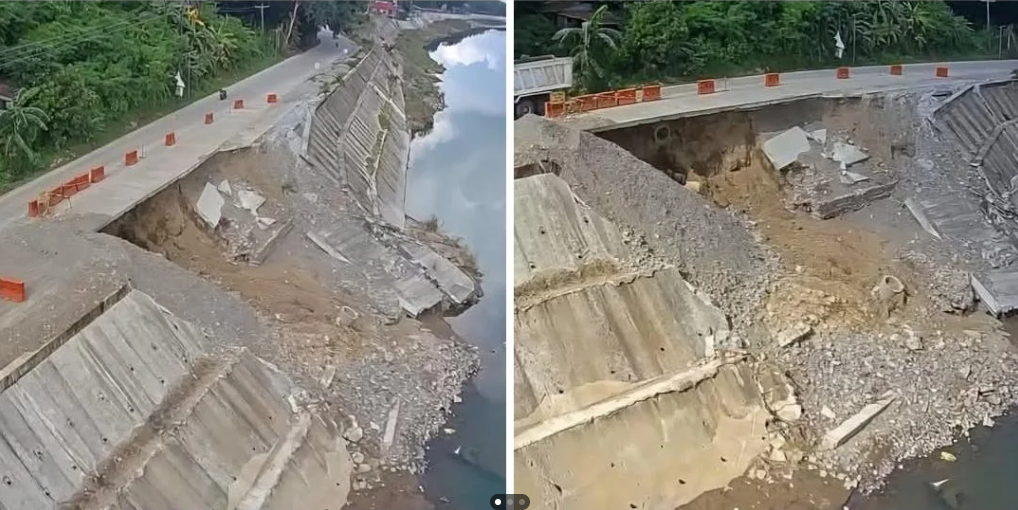
Corruption erodes the integrity of public institutions, undermining trust and making it harder for communities to rely on government support. The most vulnerable communities, the ones that couldn’t afford to live on high ground, are always disproportionately affected. It’s not just bad luck; it’s a direct consequence of a moral failure that diverts infrastructure funds and weakens essential social services like health and education.
Misuse of public spending and lack of oversight damage the integrity of government programs, ultimately harming the Philippine economy and the nation’s long-term stability.
Erosion of Public Trust
This scandal sparks such intense indignation because it strikes at our core belief in service. When a government profits from disaster, it loses all moral authority. The public, along with civil society groups, is demanding accountability from officials and calling for transparency and reform. You stop trusting the next flood warning. You stop believing the relief efforts. You become cynical, thinking, Why bother? They’re just going to steal it anyway. The private sector also plays a crucial role in advocating for accountability and systemic reforms to help restore trust and investor confidence.
And let’s not forget the Environmental Damage. Corruption often involves illegal dredging, unapproved construction in sensitive floodplains, and compromised environmental assessments, all designed to fast-track destructive projects for a quick buck.
Flood as a Business: The True Cost of Disaster
When floodwaters rise, they wash away not just homes and infrastructure, but often the facade of ethics in development and governance. The sheer scale of destruction, grief, and displacement caused by a major flood event reveals a stark truth: there is no moral profit in human suffering.
Floods remind us that true profit is in protecting lives in sturdy infrastructure, effective early warning systems, and transparent, responsive governance. These are the investments that pay the highest return, measured not in dollars but in community resilience and human well-being. To curb corruption in public projects, it is essential to improve oversight, increase transparency, and reinforce law enforcement, especially in large-scale infrastructure and flood control initiatives.
Communities thrive when leaders serve with heart, prioritizing the long-term safety and stability of their constituents over short-term gains or political expediency. This demands a paradigm shift away from viewing disaster management or infrastructure projects as mere commercial undertakings, and toward recognizing them as essential civic duties. Establishing an independent commission to investigate corruption and irregularities in flood control and infrastructure projects is crucial to ensure unbiased scrutiny and restore public trust.
This shift in perspective can be distilled into three core principles:
- Service, not self-interest. Leadership in times of crisis and in the preparatory phase before disaster strikes must be driven by an unwavering commitment to the public good, not personal or political enrichment.
- Projects must heal, not harm. Infrastructure projects, particularly those related to flood control (like dams, drainage systems, and land-use planning), must be designed, approved, and executed with environmental sustainability and community impact as the highest priorities, ensuring they solve problems without creating new ones elsewhere.
- Compassion is true leadership. The ability to empathize with the suffering of affected communities and translate that empathy into swift, just, and effective action is the hallmark of genuine leadership.
To ensure accountability in all projects, clear mechanisms must be established to monitor financial dealings, safeguard investments, and prevent misuse of funds.
“When we put people first, progress follows naturally.”
Investing in the ethical protection of human life is not a cost; it is the fundamental prerequisite for sustainable societal progress.
Calls for Reform in Legislative Oversight
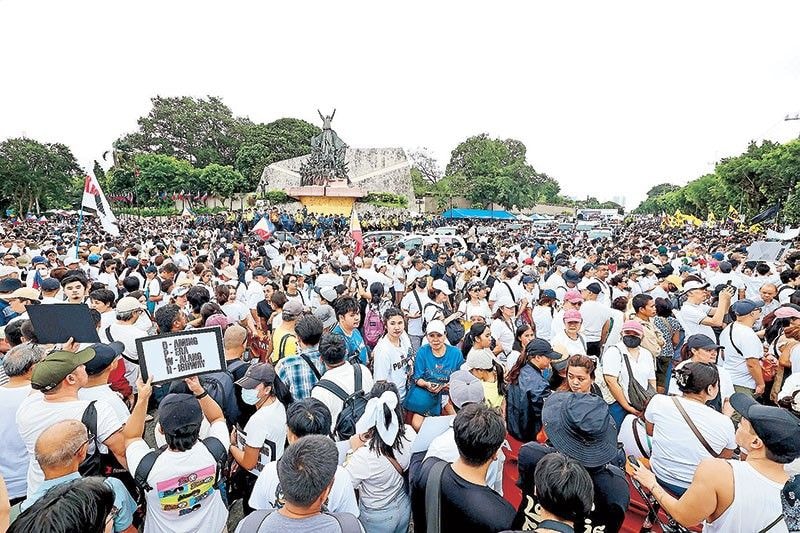
In response to these issues, there have been strong calls for the bicameral conference committee to enhance transparency and accountability in government infrastructure spending. Public advocacy has intensified, with the Trillion Peso March emerging as a symbol of widespread protest against corruption and the demand for justice in the wake of large-scale scandals. Advocates emphasize the importance of adopting open and competitive bidding processes to ensure fair contractor selection and prevent favoritism. Strengthening legislative oversight and instituting rigorous monitoring mechanisms are seen as vital steps toward curbing corruption, especially in light of recent flood control anomalies that have been uncovered and require thorough investigation. These measures are essential to ensure that flood control funds are used effectively to address the pressing challenges posed by climate change.
HousingInteractive: Championing Transparency in the Property Sector
Just as transparency is vital for effective infrastructure spending, it is the foundation of every successful real estate transaction. We believe that clarity and accountability are non-negotiable standards for public and private sectors alike.
HousingInteractive, the Philippines’ first property portal, is dedicated to delivering property solutions founded on transparency, integrity, and trust. Partner with us for a clear and secure real estate experience.
| The state of flood control directly affects your property value and safety. Our new series by HousingInteractive exposes the truth: corruption and ‘ghost’ projects have wasted billions, needlessly putting communities and real estate assets at risk. To protect your investment and demand real solutions, read and follow these articles. Next: Who Gets Left Behind When Floods Hit? |




















